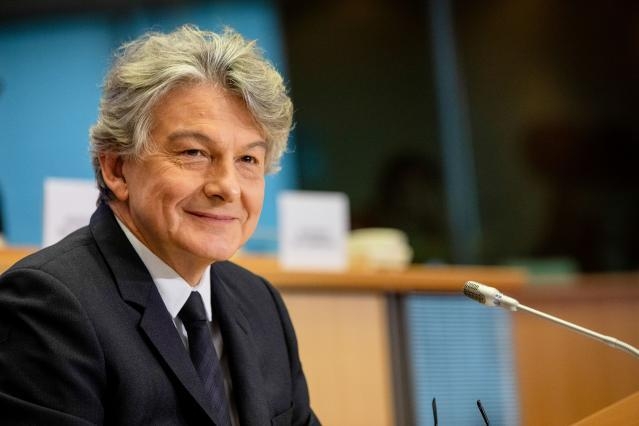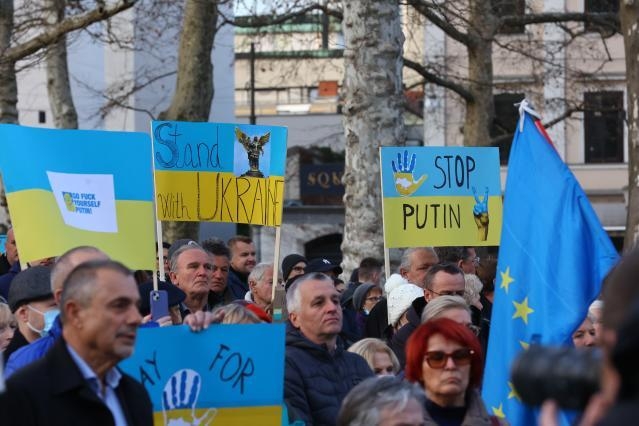The Commission welcomes the swift political agreement reached yesterday between the European Parliament and EU Member States on the Digital Markets Act (DMA). The regulation, agreed in slightly more than a year after it was proposed, is among the first initiatives of its kind to comprehensively regulate the gatekeeper power of the largest digital companies. Commissioner for the Internal Market Thierry Breton (see photo) said: “This agreement seals the economic leg of our ambitious reorganisation of our digital space in the EU internal market. We will quickly work on designating gatekeepers based on objective criteria. Within 6 months of being designated, they will have to comply with their new obligations. Through effective enforcement, the new rules will bring increased contestability and fairer conditions for consumers and business users, which will allow for more innovation and choice in the market. We are serious about this common endeavour: no company in the world can turn a blind eye to the prospect of a fine of up to 20% of their global turnover if they repeatedly break the rules.”
Continue reading…
The message is clear: organisations must be held accountable for their social and environmental footprint. Therefore, it’s inevitable that speaking up becomes the next social…
Download whitepaper










